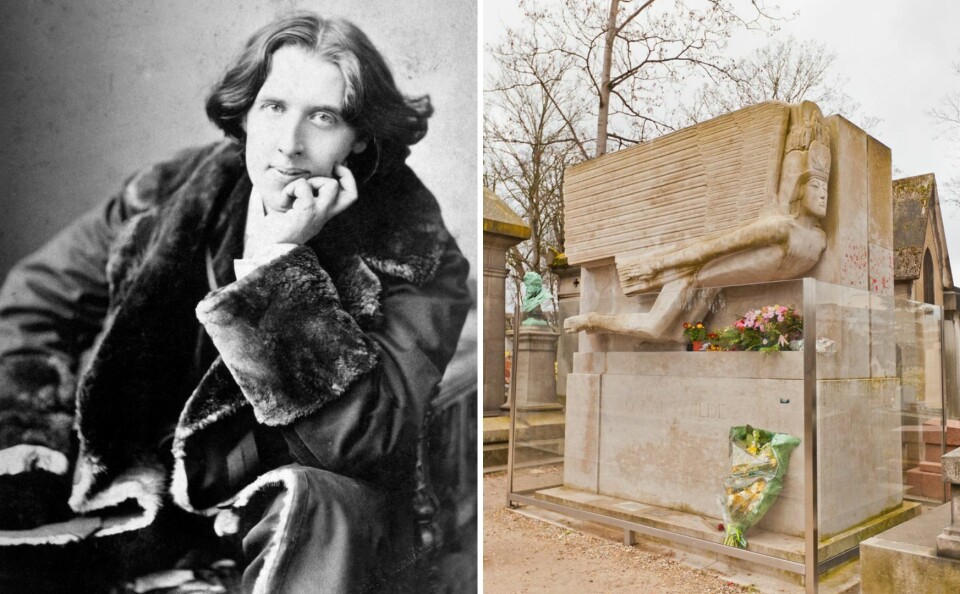-
Photos: 94 chateaux open their doors to visitors in Dordogne
The fifth Chateaux en Fête festival offers a chance to look around many impressive properties that are usually private
-
Martel: the medieval French town home to a 'truffle' train and lavender festival
The small town in the Lot offered refuge to an English throne heir until his death
-
Brittany lighthouse lens removal leads to public outcry
A petition gained over 20,000 signatures, highlighting the ongoing battle over the buildings' heritage in France
Five famous people who sought exile in France
Throughout history people have found refuge here for cultural or political reasons

So near and yet so far away. France, ‘the continent,’ is geographically close to the British Isles but a cultural and political world away.
For centuries the country was a convenient bolthole for exiles running away from persecution – or for disgruntled aristocrats to launch invasions. Here are five examples.
1. Eleanor de Montfort
This formidable 13th century woman was nothing like the model of the meek submissive wife praised by medieval moralists.
She was assertive; she was a rebel; and she was at the centre of a civil war.
After King Henry III and the future Edward I were captured during the Second Barons’ War, Eleanor’s second husband Simon de Montfort became the de facto ruler of England.
When Edward escaped the following year and her husband and eldest son were killed in battle, Eleanor – living at Dover Castle – was in a vulnerable position.
Rather than surrender, Eleanor decided to try to hold the castle against the king.
Betrayed from within the castle and attacked from outside, she still managed to negotiate a successful settlement that pardoned her supporters, but meant she had to go into exile in France.
2. Bonnie Prince Charlie (Charles Edward Stuart)
His grandfather, James II of England having been chased into exile in 1668, Charles Edward was born in exile himself.
The ‘Young Pretender’ styled himself Charles III and launched two rebellions to take the throne of England, Scotland and Ireland to which he felt entitled.
In 1746 he was lucky to escape with his life to France where he spent the next 20 years before ending his days in Italy.
Read more: Historic Clan MacKinnon lives on in France’s unique Scottish town
3. Oscar Wilde
Irishman Wilde was a broken man after his trial and his term of imprisonment for homosexuality.
In 1897 he adopted the name Sebastian Melmoth and headed for France.
At first he lived in Berneval-le-Grand (near Dieppe in Normandy) where he wrote the moving The Ballad of Reading Gaol but his final address was a hotel in Paris, appropriately on the rue des Beaux-Arts, where he died in 1900.
4. James Joyce
Joyce arrived in Paris with his family in July 1920 intending it as a stopover on their way from Trieste in Italy to London.
There he met Sylvia Beach – who ran the Shakespeare and Company bookshop – and who would become important in his literary life.
In Paris in 1922, Joyce published his masterpiece, Ulysses, which was banned in England and the USA because it was considered to be obscene.
Read more: Six things that show the French love for books and reading
5. James Baldwin
The writer and activist left his native US in 1948 for a nine-year self imposed exile to escape from the double prejudice at home for being black and gay.
He wanted to live and work in a more libertarian environment which he found on Paris’ Left Bank.
Related articles
Royal history: ‘top’ five kings of France named Louis
Five places in France with a connection to Richard the Lionheart
Five places in France that are called the ‘end of the world’
























